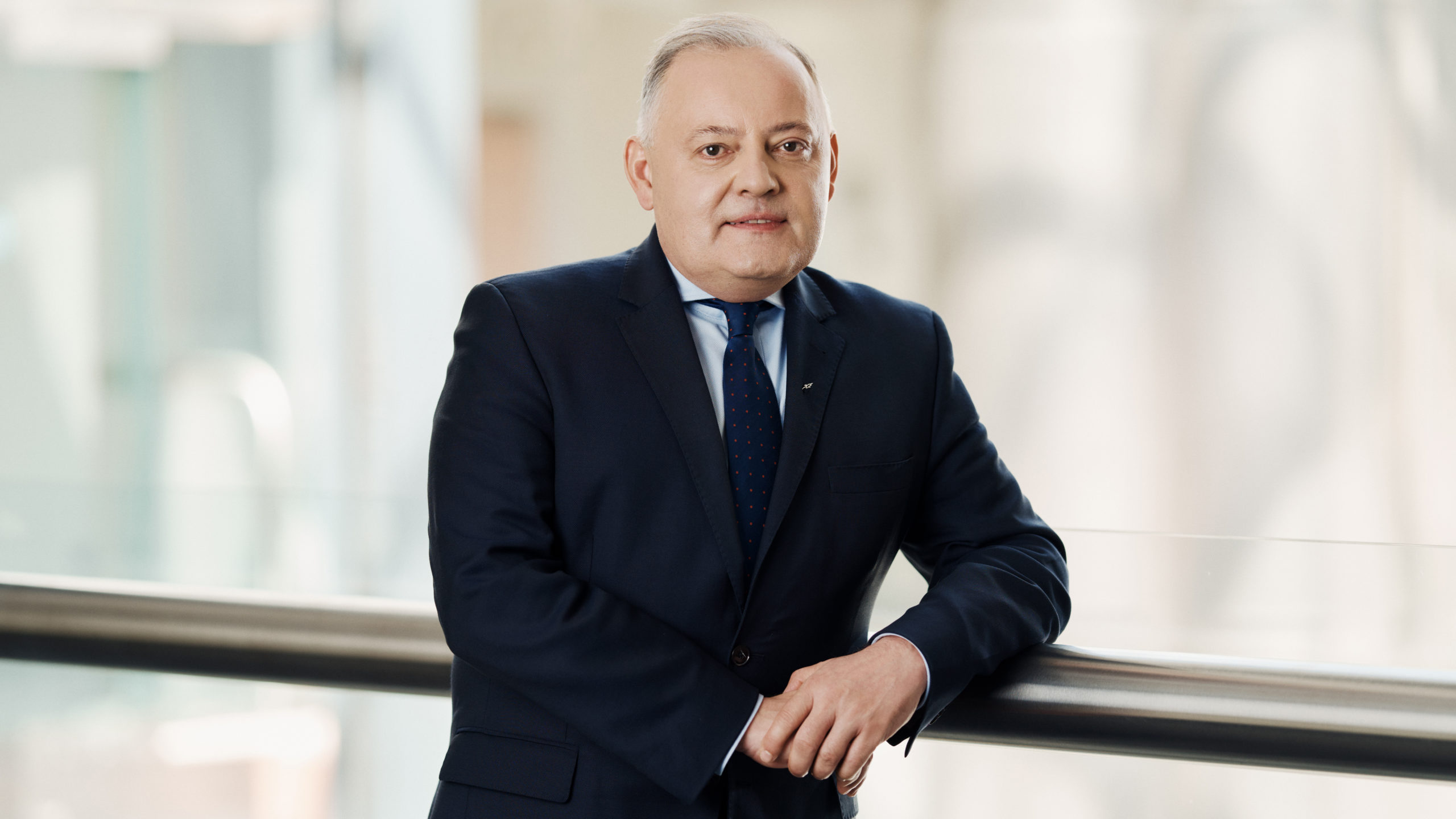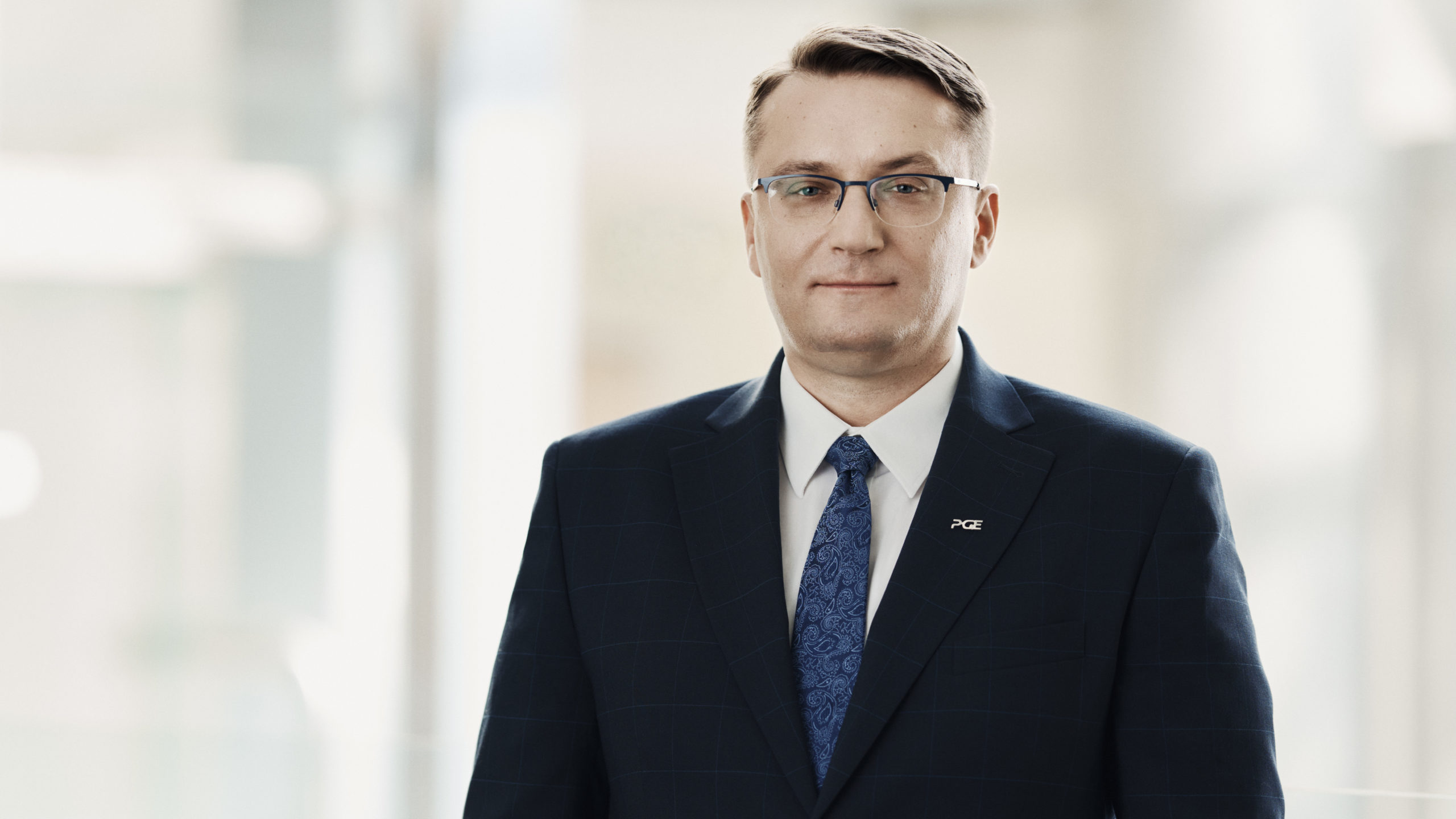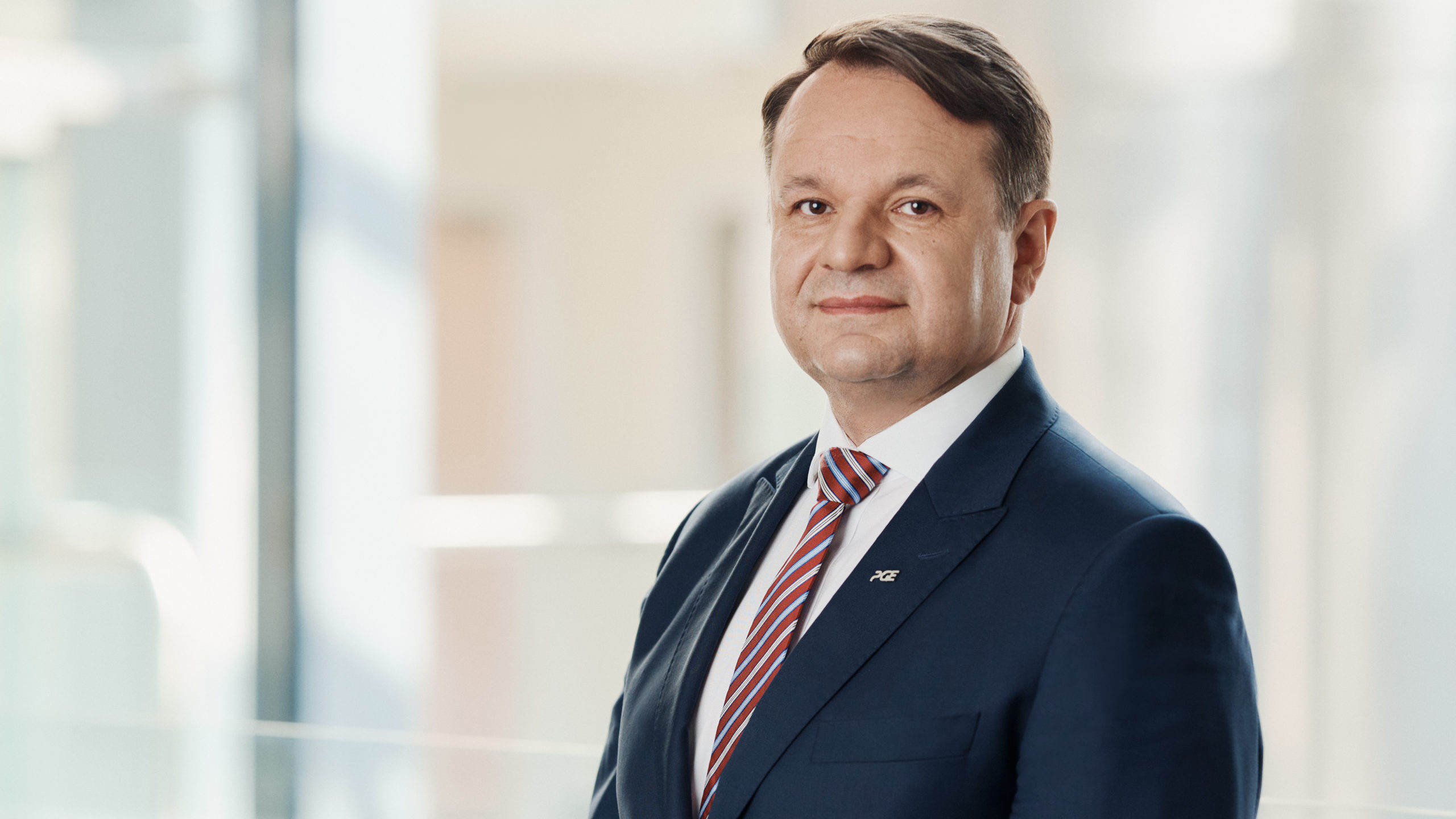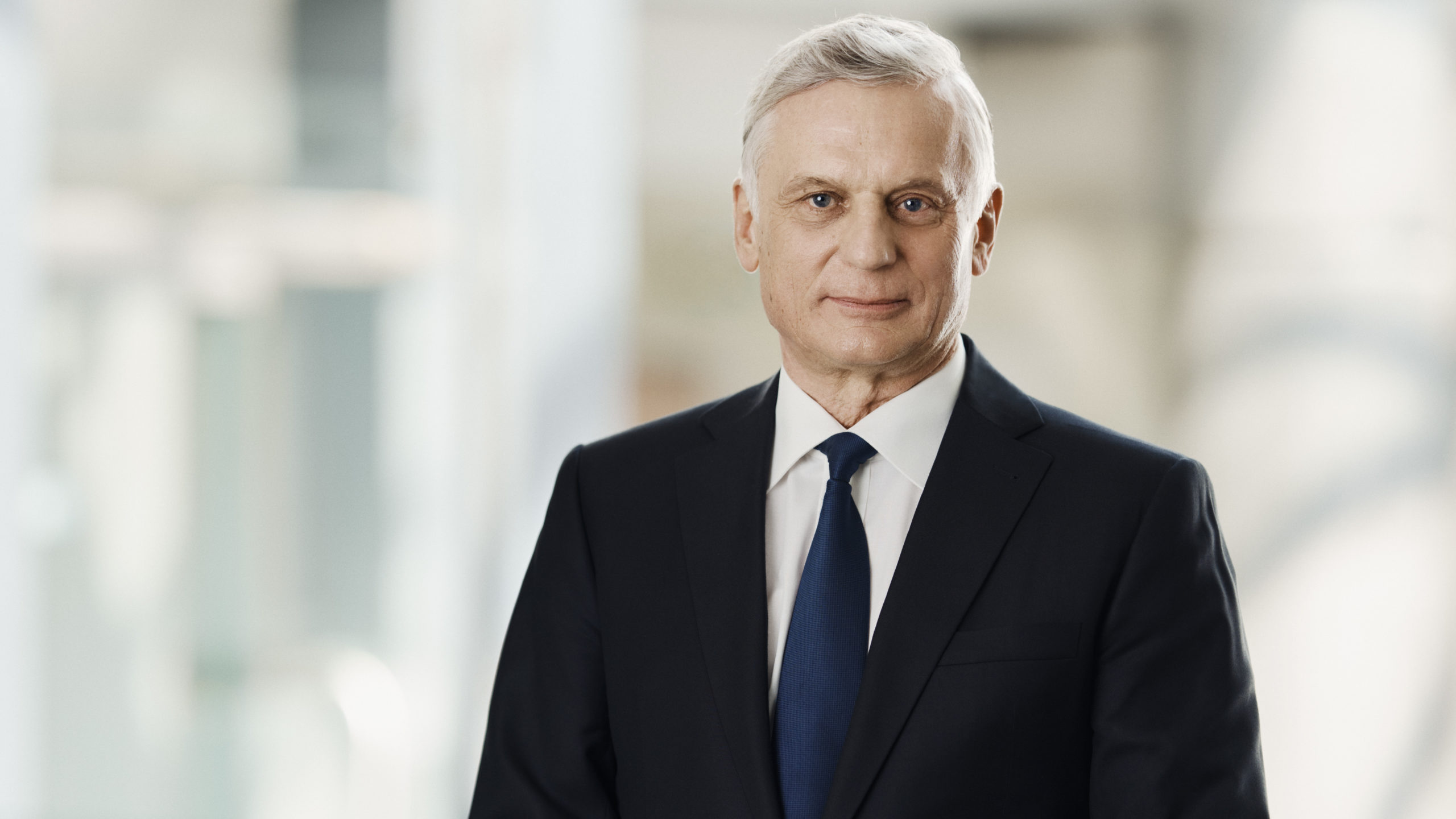Mr. Wojciech Dąbrowski has been working as a manager in the energy sector for ten years. From November 2017 to February 2020, he was the President of the Management Board of the PGE Energia Ciepła S.A., where he completed the process of Polish heat industry asset integration, acquired by PGE Polska Grupa Energetyczna S.A. from the French company EDF. He created a strong business line within the PGE S.A. Capital Group. In 2019, he completed the process of heat assets integration, which was a part of a broader business initiative by the PGE Capital Group. From January 2016 to November 2017, he was President of the Management Board of the PGNiG Termika S.A., where he completed the process of acquisition in PEC Jastrzębie and SEJ Jastrzębie, strengthening the market position of PGNiG Termika. Between 2011 and 2016, he was Vice-President of the Municipal Heat Energy Company in Wołomin Ltd.
He graduated from the Faculty of Law and Administration at the University of Warsaw, where he was awarded a Master of Law degree. He later completed postgraduate studies at the Warsaw University of Technology, in the Faculty of Power and Aeronautical Engineering, in the area of steam exploitation, gas and steam-gas power plants, combined heat and power plants. Moreover, he is a graduate of the Leon Kozminski Academy of Entrepreneurship and Management, and he can boast a further degree from the University of Warsaw, in Management in Public Administration.
Mr. Wojciech Dąbrowski has many years of experience in management, both in central and local governments. His main area of focus was investment and legal consultation in the area of obtaining funds from the EU. He also led expert teams in the realization of investments. He supervised modernization and investment projects in the M&A area, as well as restructuring and development schemes in companies striving to improve their operations and profitability.
In 2019, he was appointed President of the PTEZ (Polish Association of Professional Heat and Power Plants) by the National Assembly of PTEZ Members. He is a member of the Management Board of the Polish Electricity Association (PKEE) and Regulating Committee (Komitet Sterujący) for scientific research and development in the sphere of security and national defense at the National Center for Research and Development.
He participates in public debates which are chiefly concerned with development within the energy sector, environment protection, waste management and energy security. He has advocated active cooperation with local governments and local heating distributors, which has contributed to the development of the local heat markets and consequently improved the cleanliness of the natural environment and quality of life in local communities. He has supported and promoted cogeneration technology as the most effective and environmentally-friendly means of producing electricity and heat. He has also taken part in a program for the development of support scheme for cogeneration.






